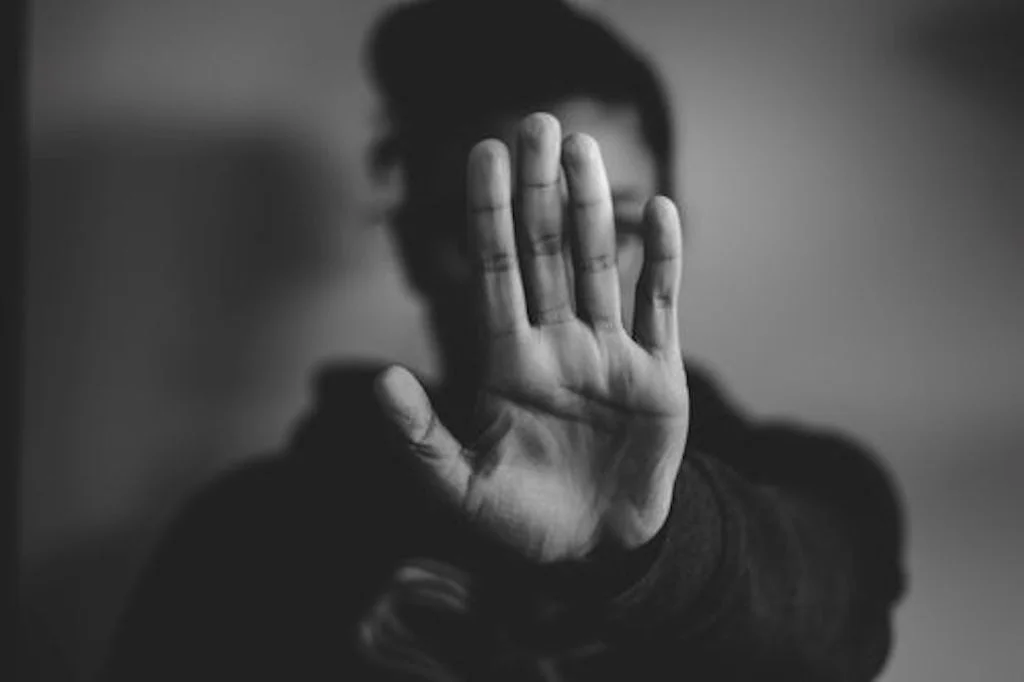Do you avoid expressing yourself from fear of disapproval, rejection, or conflict? If so, you’re not alone.
In my Illumineering Coaching practice, I work with high-functioning, successful people doing interesting things in the world. And yet, the majority of them were conditioned to believe that saying no, setting boundaries, or sharing real feelings and needs will threaten or even extinguish relationships.
More often than not, the opposite is true. When we say no, set boundaries regarding things that don’t work for us, and authentically express what we need or feel, we’re actually taking action to strengthen and preserve our relationships. Why? Because when we withhold our truths or agree to something we don’t want to do, it’s a form of self-betrayal that ultimately leads to negative outcomes. These can include resentment toward others, judgment or anger imposed upon ourselves, or passive aggressive behaviors like avoidance or sarcasm.
Is saying yes to something we don’t want an occasional necessity or the right thing to do? Sure. A couple of years ago, a friend was going through a bad divorce and had nowhere to go. She asked if she could stay with me while she figured out her next life chapter. She had virtually no money so it meant I also needed to cover her food while she lived at my house.
It wasn’t the most convenient time for a house guest, but as she had been a friend for more than three decades, and was in bad shape emotionally and financially, I let that override any inconvenience to me. In that case, rather than self-betrayal, I felt good about being there for someone I loved. In contrast, when this same person asked me to lend her money a few years earlier, I said no. I knew that lending money is a risk—you often never get it back or the return takes longer than promised, leading to uncomfortable feelings or conflict. In my work, I’ve seen friendships and even family relationships go by the wayside due to money. I was unwilling to risk my relationship with my friend, so I said no—a decision that turned out to be a good one.
How do you determine when to say yes and when to say no? This can be tricky—especially for those whose life conditioning led to a cut-off from their feelings or to a habitual pattern of making others’ needs more important than their own. In those cases, you need to do the best you can to assess how something sits with you, make a decision, and then observe and learn about how it did or did not work for you.
Sometimes it takes courage to say no or to share your truth. But in the end, the relationship is almost always the better for it. You get to avoid the hassles of inaccurate assumptions or indirect communication, and it keeps your relationships current and clear, versus laden with old hurts, anger, and resentments.
There is a saying that the only people who get upset when you set boundaries are those who benefitted by your having none. This is very true so it’s important to observe how people react when you do set boundaries. If someone consistently pushes back or refuses to honor your needs and feelings, it may be time to do an honest assessment of the relationship, and perhaps, even to let it go.


